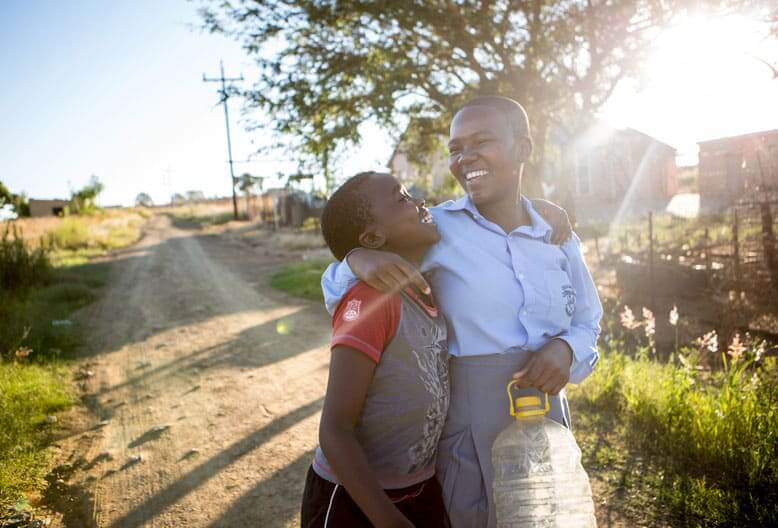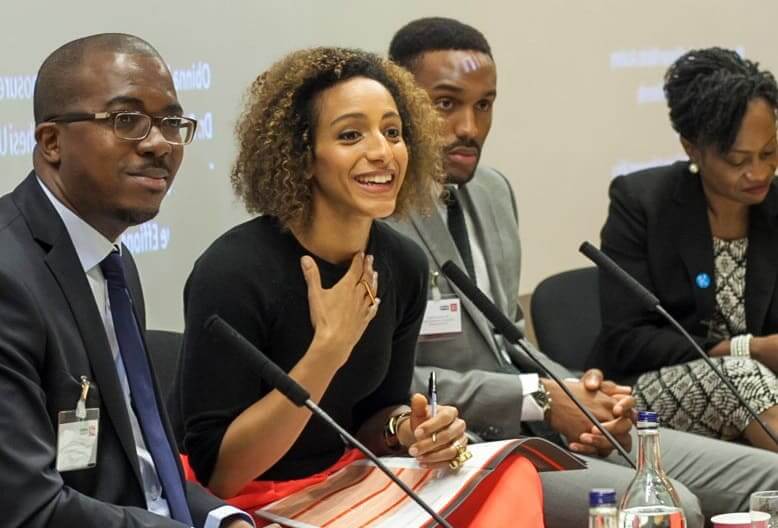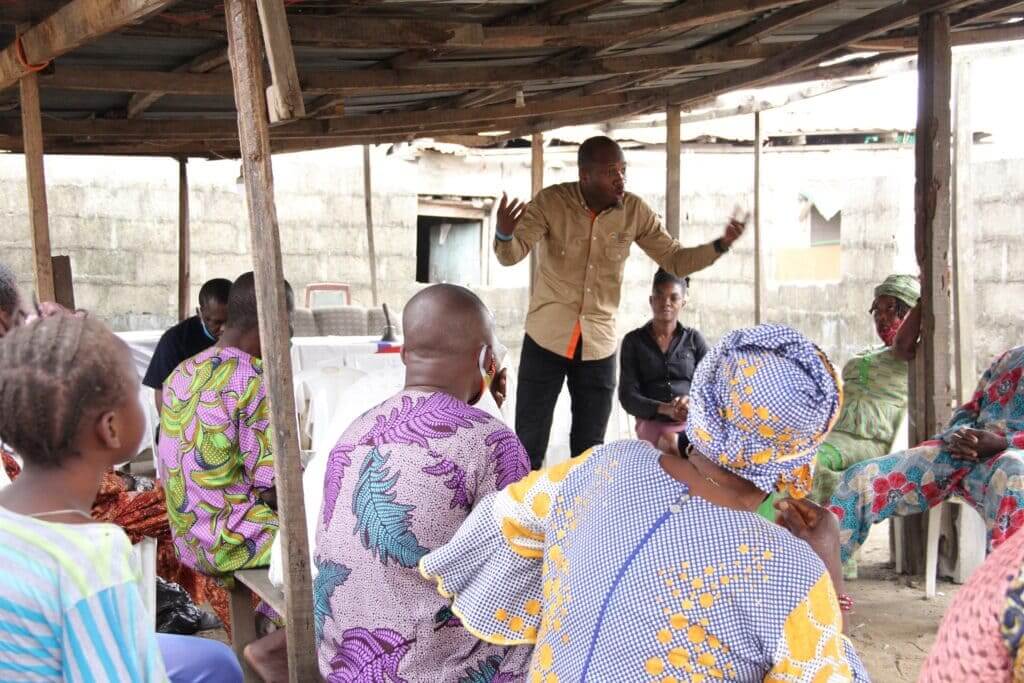Science For Humanities And Justice In Africa (SHAJA)

Martin Luther King, American Baptist Minister and Civil Rights Activist
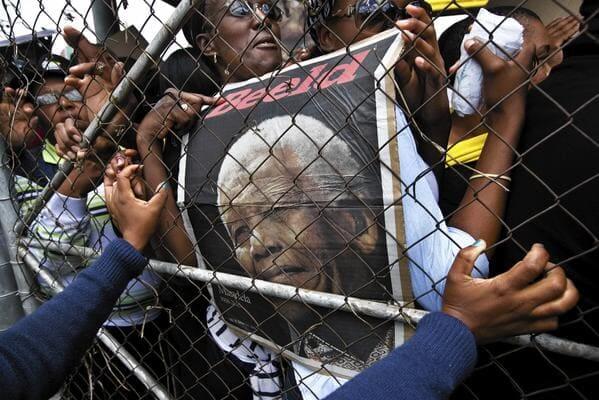
The African continent has for many decades continued to face political, material and knowledge related challenges in building sustainable peace and justice. Peace and justice in Africa have many times been marred by the inability to assemble related evidence coupled with the lack of appropriate scientific and diplomatic knowledge and experience needed to fully address complex conflict/humanitarian related issues on the continent. Mindful of the unfortunate circumstances of conflicts on the African continent and the subsequent many and major challenges posed to vulnerable populations, mindful of the fact that state and non-state armed groups are parties to the atrocities committed against civilian populations, the Science for Humanities And Justice in Africa (SHAJA) programme will seek to among other things demonstrate that peace building actions require inputs of science and technology and that such inputs would include Scientific Knowledge, the Application of the Knowledge, and the Process used in Acquiring Scientific Knowledge. These elements will be central in resolving the following: sexual violence especially girls and women in need of medical attention and injury documentation, Injured persons also as a result of torture in need of medical attention and injury documentation, and enforced disappearances of people/deceased victims who are unknown and end up in individual or mass graves. Though the SHAJA programme will work to encourage efforts geared towards changing the political and social structures that create insecurity, conflicts and injustice in Africa, such as election reform, good governance and the establishment of scientific mechanisms to monitor and protect human rights, priority will be given to core problems that fuel/create conflicts in Africa by scrupulously examining the political, social and economic conditions and identifying those aspects of the structures that must be changed in order to maintain sustainable peace and justice for all.
This programme has as primary objective to through the inter play of science, diplomacy and policy, identify durable means of ending violent conflicts, ensure justice for all, access to humanitarian. services and the promotion of a culture of peace in Africa, while highlighting creative approaches in teaching and applying science, with a focus on the use of local resources to help promote economic growth, peace, and development in a pre and post conflict Africa.
ASDPN International will at all times and across all social levels work vigorously to ensure that gender issues are taken in to consideration when conceiving, examining, developing and implementing peace, justice and humanitarian related issues in Africa.
Outcomes
-
Science contents and processes necessary for building knowledge and experience in communication and dialogue towards peace building and living together will be shared within communities.
-
Advice and appropriate proposals on the concept of forensic science for justice at national, regional and continental levels will be increasingly available.
-
Respect for life, end to violence and promotion and practice of non-violence through education, dialogue and cooperation.
-
At the inter-governmental level, there will be full respect of the principles of sovereignty, territorial integrity and political independence of States and non-intervention in matters which are essentially within the domestic jurisdiction of any State, in accordance with the Charter of the United Nations and international law.
-
There will be full respect for and promotion of all human rights and fundamental freedoms including the rights of minorities.
-
State and Non-state armed groups will increasingly commit to peaceful settlement of conflicts.
-
Cognizant of the fact that several conflicts arise from disputes over ownership of limited resources, there will be enhanced socioeconomic transformation.
-
There will be increased availability of resources and platforms necessary in shaping debates on peace building and justice in Africa.
-
Peace building and the provision of humanitarian services in Africa will be increasingly provided by actors with sound local knowledge and lived experience.
-
Respect for and promotion of the rights of everyone to freedom of expression, opinion and information.
-
SHAJA will bring about increased adherence to the principles of freedom, justice, democracy, tolerance, solidarity, cooperation, pluralism, cultural diversity, dialogue and understanding, consensus-building and active non-violence at all levels of society and among nations.
-
A mechanism for exchange of ideas such as networking, publications and dissemination of information and exchange visits among scientists will be increasingly used as a vector for dialogue and peace building in Africa.
-
Technology will be used to facilitate interventions and dialogue in conflict.
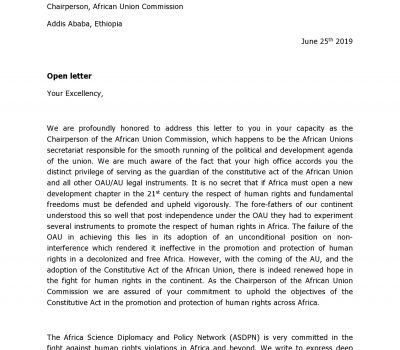
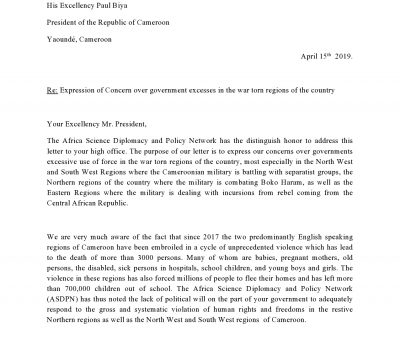
Contact Us
For further information on the Science for Humanities And Justice in Africa (SHAJA) programme, ASDPN International invites you to write to us:
info@asdpn.org
we will gladly share more with you.

